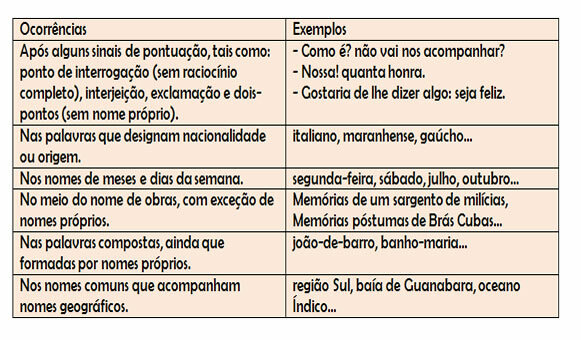There are two more debated versions of the Narcissus myth. One, less traditional, coming from the Greek poet Pausanias, says that Narcissus would have a twin sister and that she was his reflection. Another, considered the original version of the myth, understands that Narcissus was one of the most beautiful creatures in existence. Because of his beauty, the women were enchanted by the young man, son of Cephisus and Lyriope.
The name Narcissus (theme narkhé = torpor, as in narcotic for us) already seems to indicate what its existence would mean: its beauty numbs, stuns, embarrasses all those by whom it is seen. But also, due to his ancestry, Narcissus is closely related to the idea of water, drainage and fertility, on the father's part, as well as meekness, soft voice and lightness (on the mother's side). All this would influence his life. Let's see why.
It is said that Narcissus once walked in the woods. Nearby, the nymph ECHO, who was an incorrigible chatterbox, accompanied him, admiring her beauty but not letting him notice her. Echo, because of her chatter, was punished by Hera, wife of Zeus, to always repeat the last sounds she heard (which is why, in physics, we call the reverberation of sound an echo). In turn, Narcissus, suspecting that he was being followed, asked: "who is there?" And he heard, "Anyone there?" Then he shouted again: "Why are you running from me?" And he heard "you run away from me". Even saying “Let's get together here” and get the answer “Let's get together here”. All this repetition ended up leaving Narcissus anguished for wanting to love something he couldn't see.
Thus, Narcissus became sad and went to the edge of a lake, where, surprisingly, he came across his image in the reflections of the water. As he had never looked at himself before (as his mother was advised not to allow this to happen), he fell deeply in love, believing himself to be the person he was "in dialogue". So he tried incessantly to search for his reflection, immersing himself in the waters in this attempt, but he ended up drowning. The nymph Echo felt guilty and turned into a rock, living to emit the last sounds she hears. From the bottom of the pond, the flower named Narcissus emerged and has its characteristics.
The myth of Narcissus and Echo is, to this day, studied by psychologists. Some explain that the alter ego, that is, the other that completes us, is sought outside of itself, but always as a return to itself. This understanding shows how selfish we are about our needs, to the point of being possible a relationship between an ancient myth and the consumer societies of the capitalist system of production. This is because, in this system, we live in search of filling the libidinal void that torments us, redirecting our sexual drives towards satisfaction in the acquisition of goods. Now, it is this attempt at satisfaction that promotes an exacerbated individualism in the contemporary world, which is why it is called narcissistic society.
By João Francisco P. Cabral
Brazil School Collaborator
Graduated in Philosophy from the Federal University of Uberlândia - UFU
Master in Philosophy from the State University of Campinas - UNICAMP
Source: Brazil School - https://brasilescola.uol.com.br/mitologia/estoria-narciso-eco.htm

